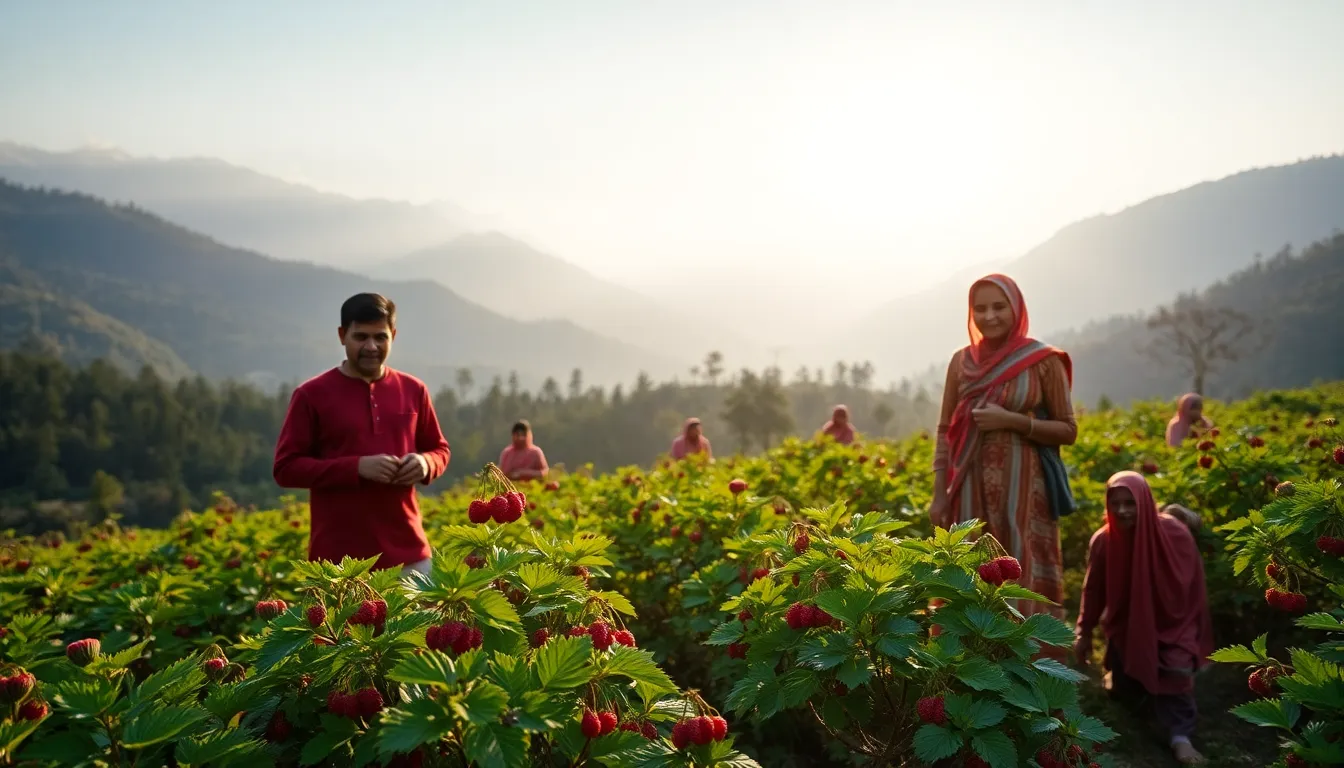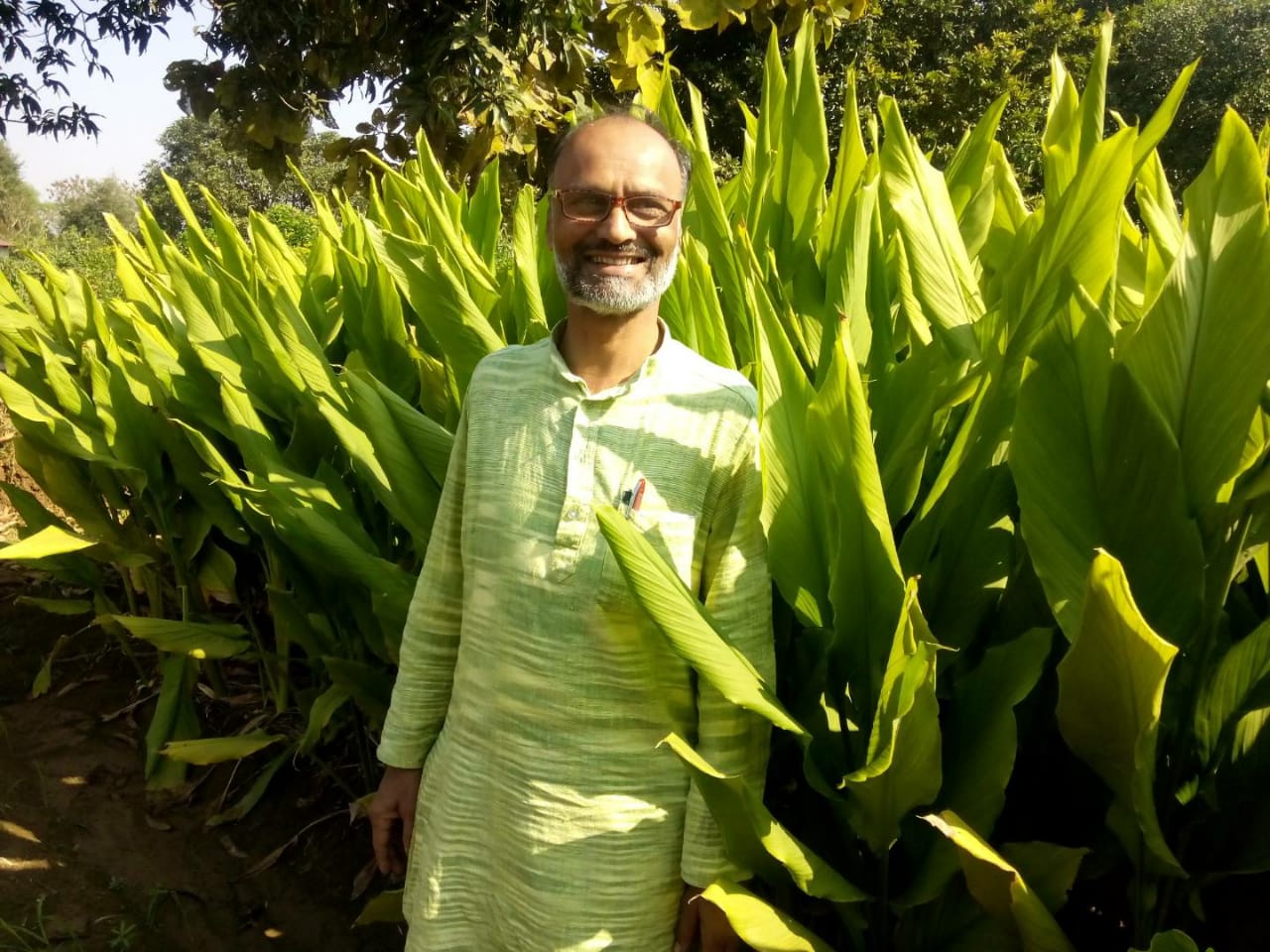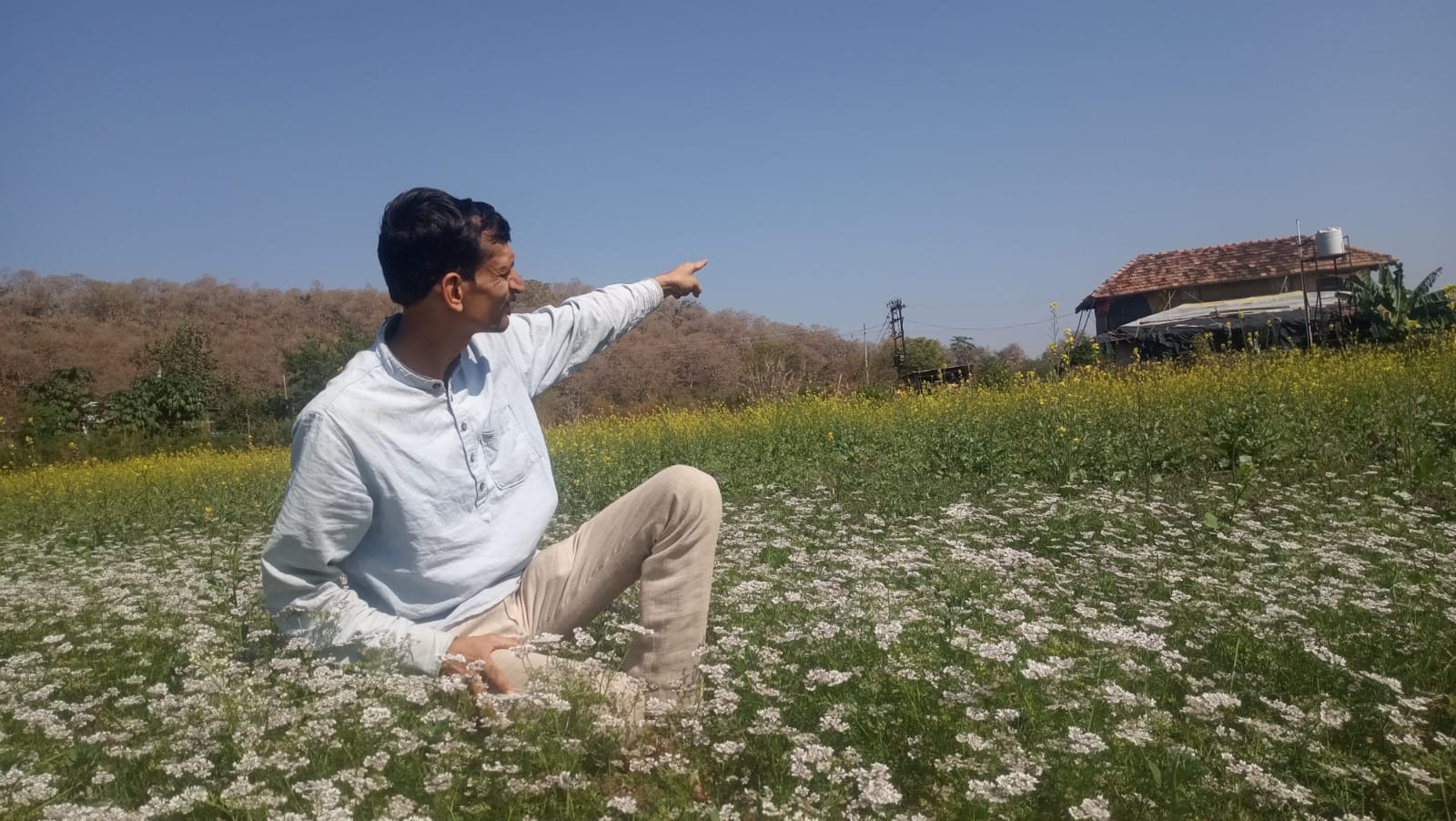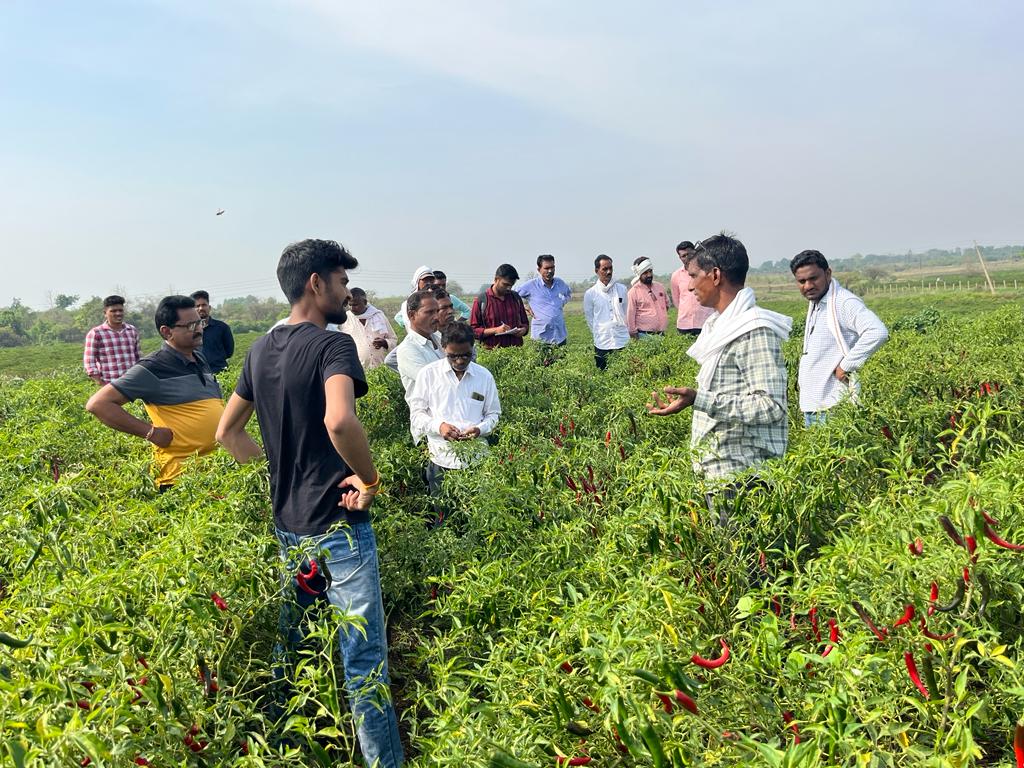Kilmora, also known as Himalayan Raspberry, is a wild fruit found in the stunning hills of Uttarakhand. This remarkable plant is not just beautiful but also packed with health benefits. Its berries and roots contain powerful antioxidants and medicinal properties. These qualities make Kilmora a vital part of traditional healing practices in the region.
The plant, scientifically named Rubus ellipticus, is cherished by local communities. The edible fruit has a delightful sweet and sour taste. It is rich in Vitamin C, fiber, and antioxidants. These nutrients are essential for boosting immunity and fighting diseases. Locals have long used Kilmora berries to create delicious jams, jellies, and syrups.
Kilmora grows wild in the forested areas of Uttarakhand. The harvesting season runs from May to August when the berries turn a vibrant red, indicating they are ripe and ready to eat. There has been a growing interest in Kilmora as a source of income for local communities. Efforts are underway to promote sustainable harvesting and create value-added products. This means that instead of just selling the raw fruit, they are making jams and other products to reach a larger market.
In addition to its culinary uses, Kilmora has many medicinal benefits. The berries are known for their anti-inflammatory properties. This can help reduce inflammation in the body, which is crucial for overall health. Traditional medicine uses Kilmora to treat common ailments like coughs, colds, and fevers.
Kilmora is not just any fruit; it represents a sustainable livelihood for many families in the region. The Kilmora social enterprise supports local farmers and artisans. It aims to improve their living standards while also preserving traditional practices. By promoting Kilmora, they also encourage sustainable farming methods. This includes using local seeds and traditional farming practices that do not rely on harmful chemicals.
The social enterprise Kilmora was established 28 years ago. It operates in the Mukteshwar valley of Kumaon. It focuses on creating a sustainable business model that benefits the community. Kilmora works with over 300 farmers in the Nainital district. They ensure that these farmers receive fair prices for their products. This is an essential step towards creating a more equitable agricultural system.
Kilmora’s success is about more than just fruit. It is also about crafting a future for the community. They produce a wide range of handmade products, including dried herbs, fruit jams, and cold-pressed oils. By buying local produce, they reduce the need for long supply chains and help the environment.
The enterprise promotes crop diversity, encouraging farmers to grow traditional varieties. These crops are better suited to the local climate and require less water. This is especially important given the unpredictable weather patterns caused by climate change. Kilmora encourages farmers to grow local millets, beans, and spices instead of cash crops like peas, which are more vulnerable to market fluctuations.
Sustainable farming practices are vital for the future of agriculture in the Himalayas. Kilmora is leading the way in demonstrating how traditional knowledge can coexist with modern needs. The community is learning to adapt to changes while preserving their heritage.
Kilmora’s approach is to give back more to the earth than what is taken. This philosophy promotes a healthier relationship with nature. The local community follows traditional composting methods. They use cow dung and oak leaves to create rich compost, showing respect for the environment.
Overall, Kilmora is a shining example of how a community can thrive through sustainable practices. By reviving traditional crops and supporting local farmers, Kilmora not only boosts health but also fosters economic growth. This Himalayan superfruit is indeed a treasure, offering numerous benefits while preserving the rich cultural heritage of Uttarakhand.
If you want to explore Kilmora’s products or learn more about their initiatives, visit their website. Supporting Kilmora means supporting sustainable livelihoods and traditional practices that benefit both people and the planet.




